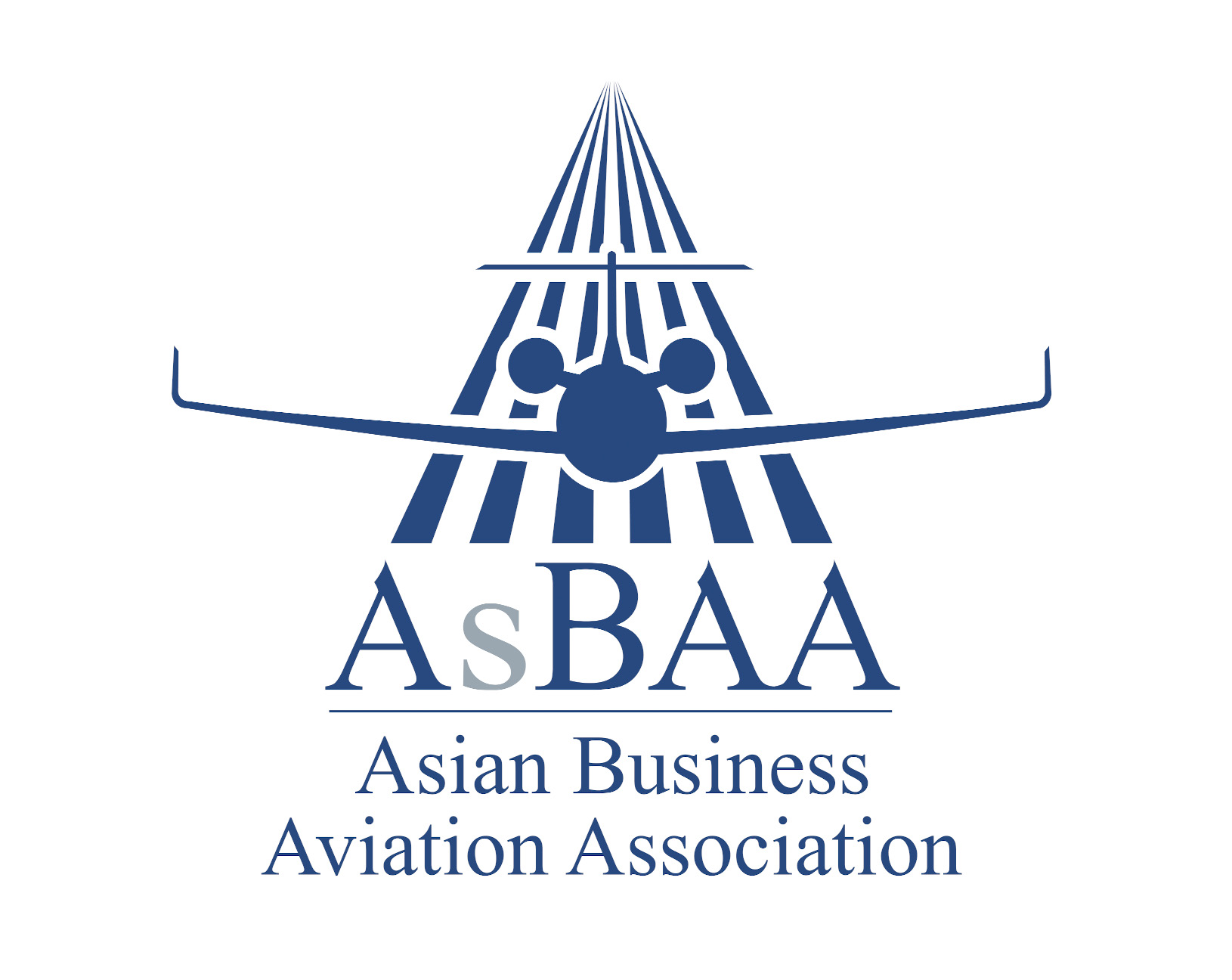Hear It Now: NBAA Webinar Addresses COVID-19 Concerns
With the ongoing spread of COVID-19 a concern to many in business aviation, NBAA on March 6 presented a webinar moderated by association President and CEO Ed Bolen that addressed medical and legal questions about coronavirus.
The webinar has been recorded, and can be heard in its entirety now. Listen to the webinar.
Foremost among concerns is how coronavirus may affect flight operations. “You’re clearly going to have labor and employment issues, workplace issues and potentially contract issues,” said Stephen R. Hofer, president of Aerlex Law Group. “What happens if you have a long-term contract to provide something that you simply aren’t able to provide anymore?”
Dr. Robert Haddon, consultant for the Division of Preventive, Occupational, and Aerospace Medicine at the Mayo Clinic, downplayed comparisons between COVID-19 and the more common influenza virus.
“As of last week, ordinary influenza in the United States has infected 19 million people with about 180,000 hospitalizations and about 10,000 deaths,” he said. “Each of these numbers is a lot bigger than what we are worried about with COVID-19, and you might reasonably ask what all the fuss is about. It’s very important to keep in mind that we tend to minimize that which is familiar. Influenza is a very serious annual illness.”
The primary concern about COVID-19, Haddon added, is while doctors generally understand how influenza mutates and spreads, the medical community is still working to determine the behavior of COVID-19 – a virus mutation that is essentially new to the world population.
Webinar participants also had questions about proper sanitation methods, particularly for aircraft but also throughout other facilities. In general, these involve use of common supplies such as bleach, peroxide and alcohol-based cleaning products. “The CDC has issued some specific guidance [on aircraft sanitation], which is available on the [U.S. Centers for Disease Control and Prevention] website for airlines, and I would recommend that to part 91 and part 135 operators as well,” Hofer said.
Other matters addressed during the webinar included seeking medical attention in remote areas, handling a potential COVID-19 case in flight and employees’ responsibility to perform flight operations to high risk areas – and whether such operations may open employers to potential workers compensation issues.
“The short answer right now, in the absence of statutory change, is ‘no’,” Hofer said. “As a general rule, the mere fact that you can get sick is not something that relates to an injury arising out of the course of your employment, and that’s the test for workers comp.” However, that precedent could change for workers in professions considered at high risk of contracting COVID-19, including aviation, he added.
In conclusion, Bolen discussed the various resources available on NBAA’s website for those with concerns.
“For all NBAA events we will take appropriate precautions, including hand sanitizer and appropriate disinfection,” Bolen concluded. “We will have medical staff on the premises, and we’ll be following the best practices related to food service and so forth. If there are more specific questions, you can follow up by calling NBAA.”
